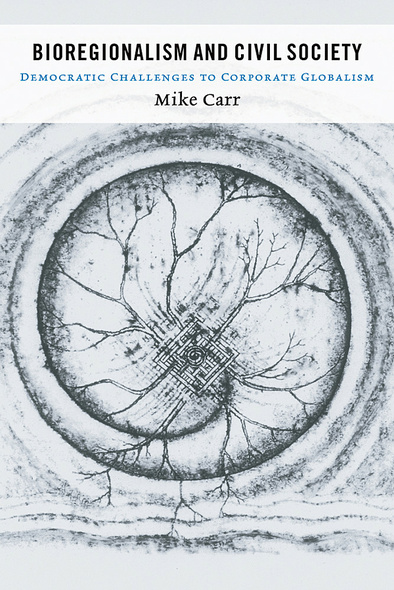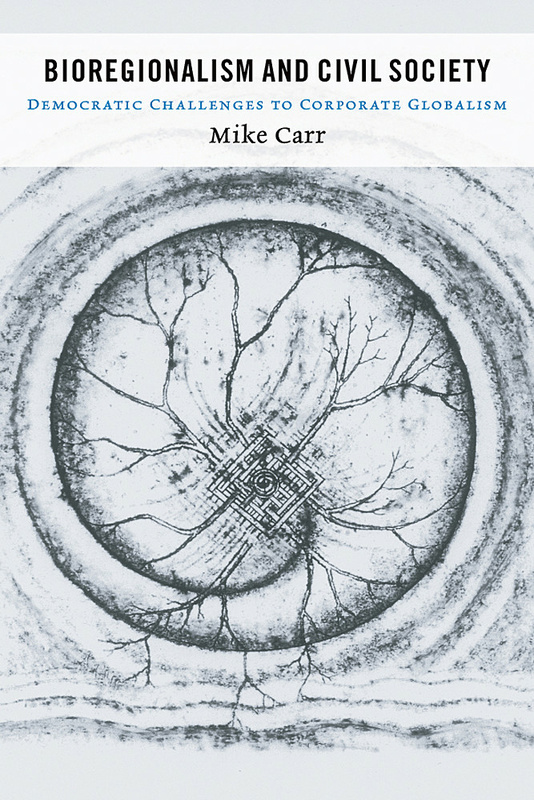
Bioregionalism and Civil Society
Democratic Challenges to Corporate Globalism
Bioregionalism and Civil Society addresses the urgent needfor sustainability in industrialized societies. The book explores thebioregional movement in the US, Canada, and Mexico, examining itsvision, values, strategies, and tools for building sustainablesocieties. Bioregionalism is a philosophy with values and practicesthat attempt to meld issues of social and economic justice andsustainability with cultural, ecological, and spiritual concerns.Further, bioregional efforts at democratic social and cultural changetake place primarily in the sphere of civil society.
Practically, Carr argues for bioregionalism as a place-specific,community movement that can stand in diverse opposition to thehomogenizing trends of corporate globalization. Theoretically, theauthor seeks lessons for civil society-based social theory andstrategy. Conventional civil society theory from Europe proposes a dualstrategy of developing strong horizontal communicative action amongcivic associations and networks as the basis for strategic verticalcampaigns to democratize both state and market sectors. However, thistheory offers no ecological or cultural critique of consumerism. Bycontrast, Carr integrates both social and natural ecologies in a civilsociety theory that incorporates lessons about consumption and culturaltransformation from bioregional practice.
Carr’s argument that bioregional values and community-buildingtools support a diverse, democratic, socially just civil society thatrespects and cares for the natural world makes a significantcontribution to the field of green political science, social changetheory, and environmental thought.
The subject is very important. Industrialized societies … are desperately in need of theoretical and practical frameworks that are sustainable as alternatives to the unsustainability of globalization … [The book] makes a significant contribution to the field of ‘green’ political science and the literature of bioregionalism.
Acknowledgments
Introduction: Corporate Globalism, Civil Society, andBioregionalism
1. Civil Society against Consumerism
2. Ecocentric Social Capital: The Ecology of Kinship
3. Bioregional Vision and Values
4. Bioregional Strategy and Tools for Community Building
5. Narrative Accounts of Reinhabitation in Rural and UrbanSettings
6. Continental Movement: A Narrative Account of the ContinentalBioregional Story
7. Conclusion: Civil Society Theory, Bioregionalism, and GlobalOrder
References
Index




